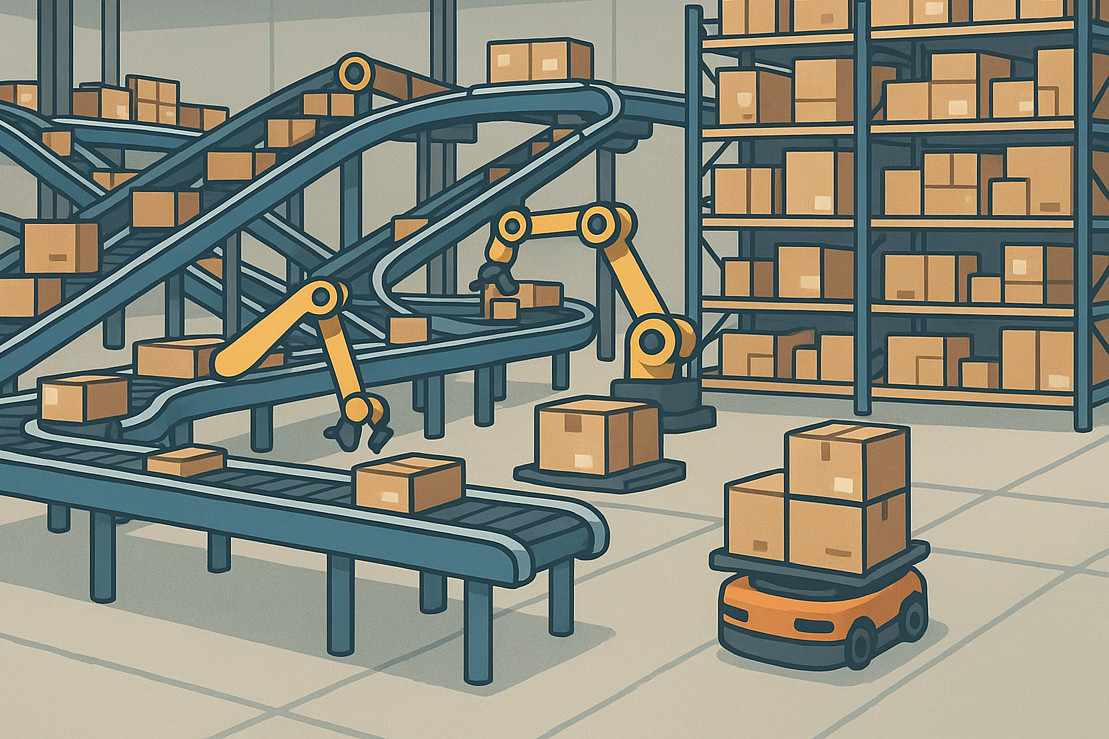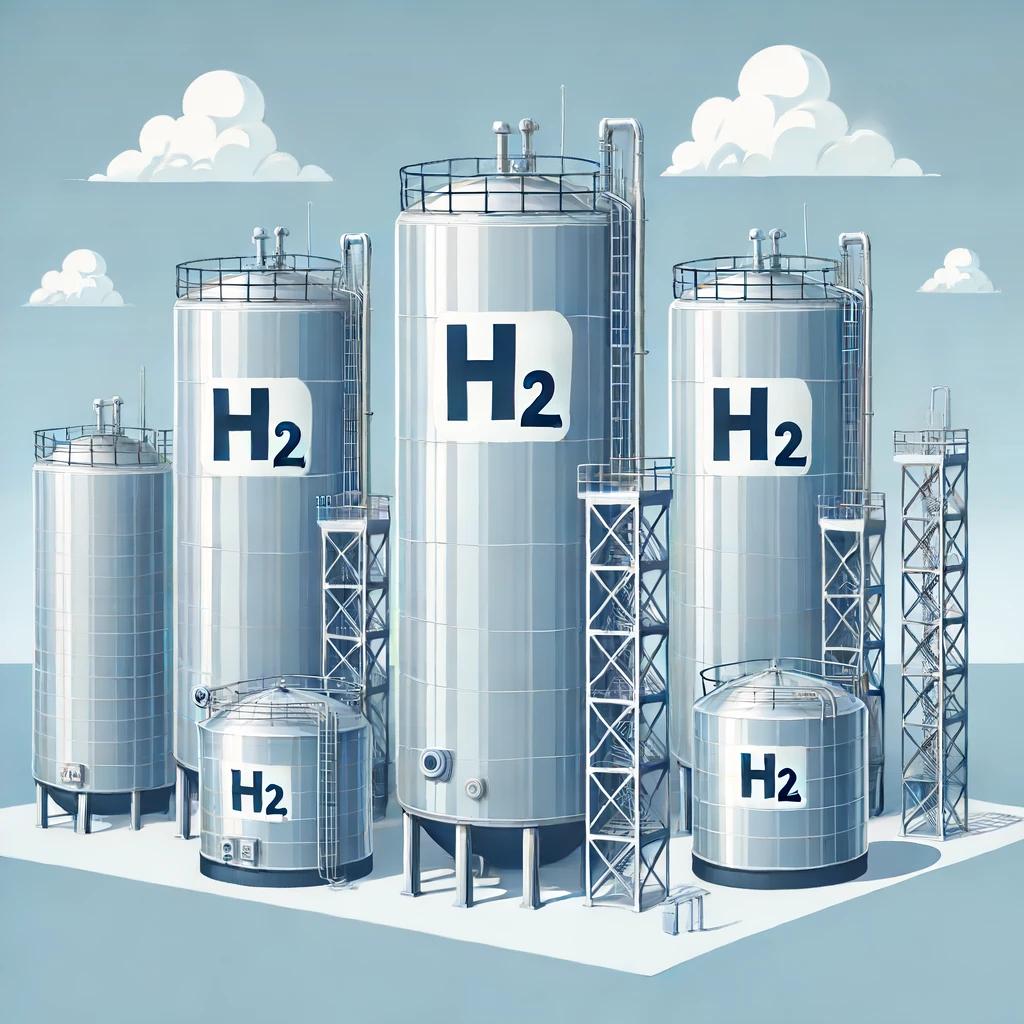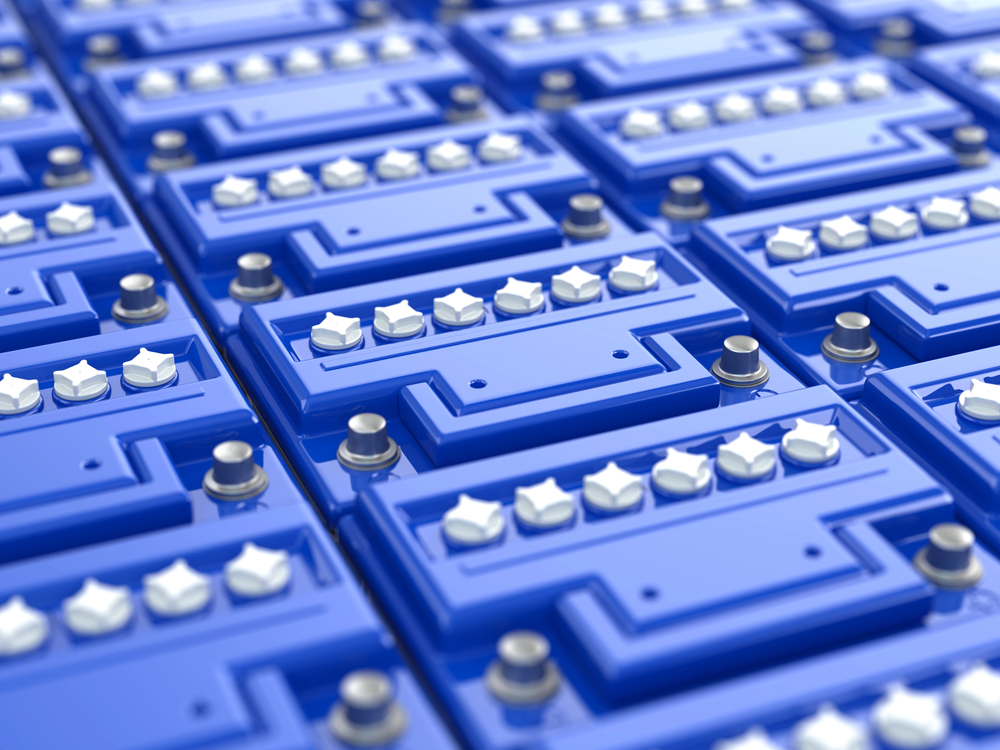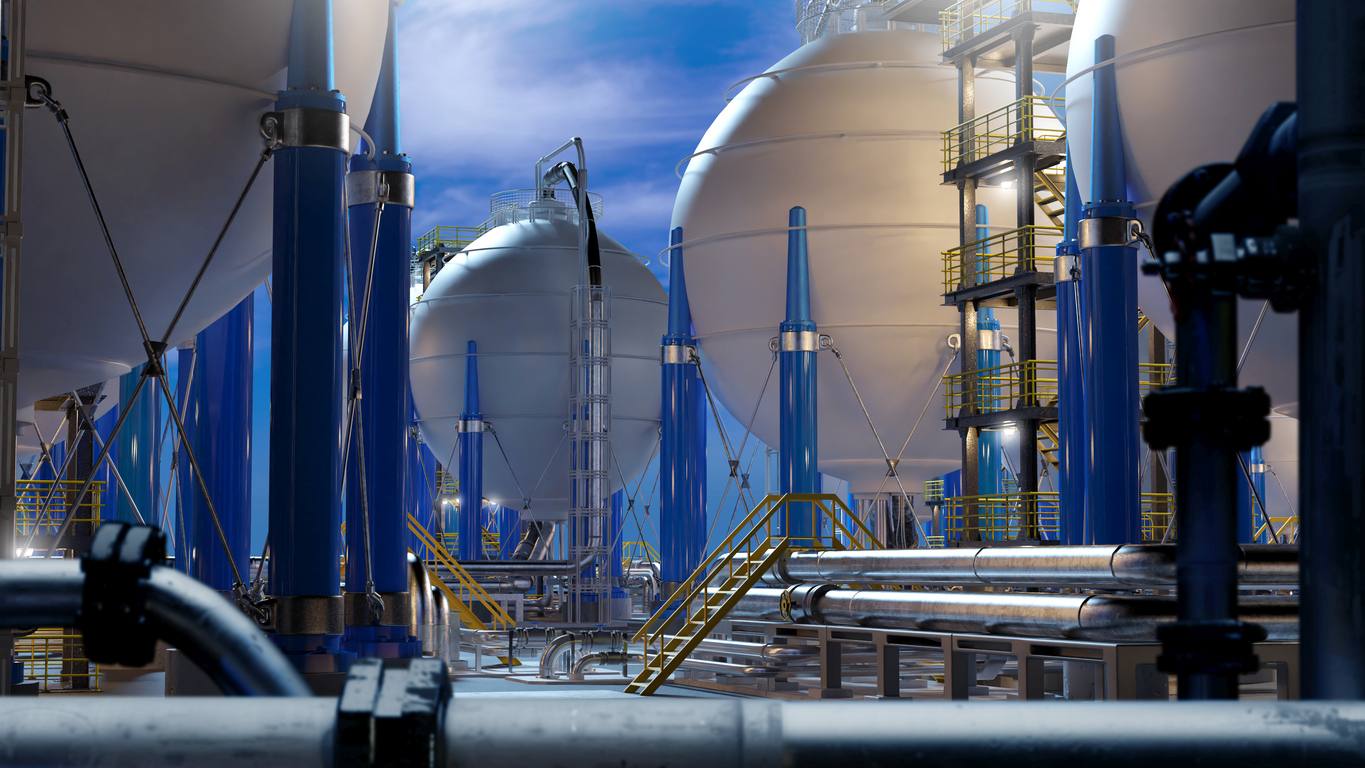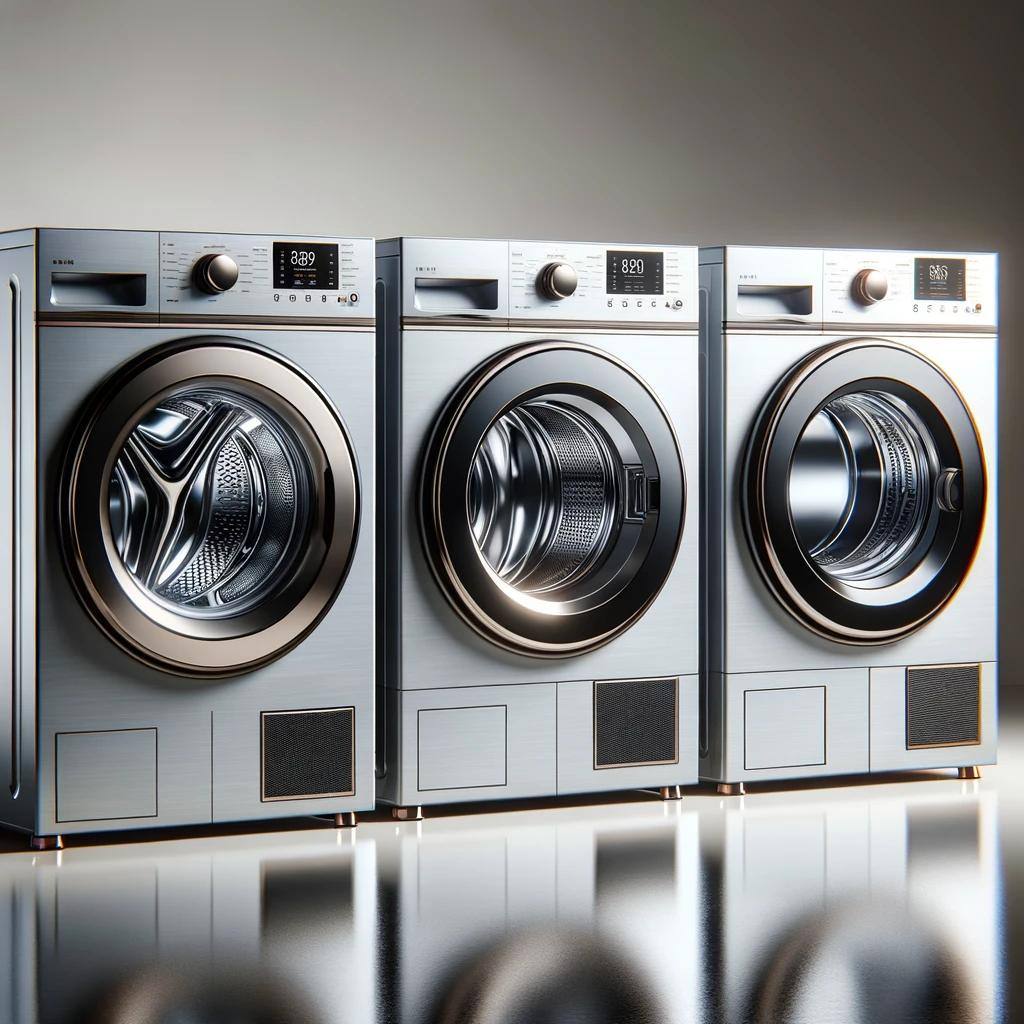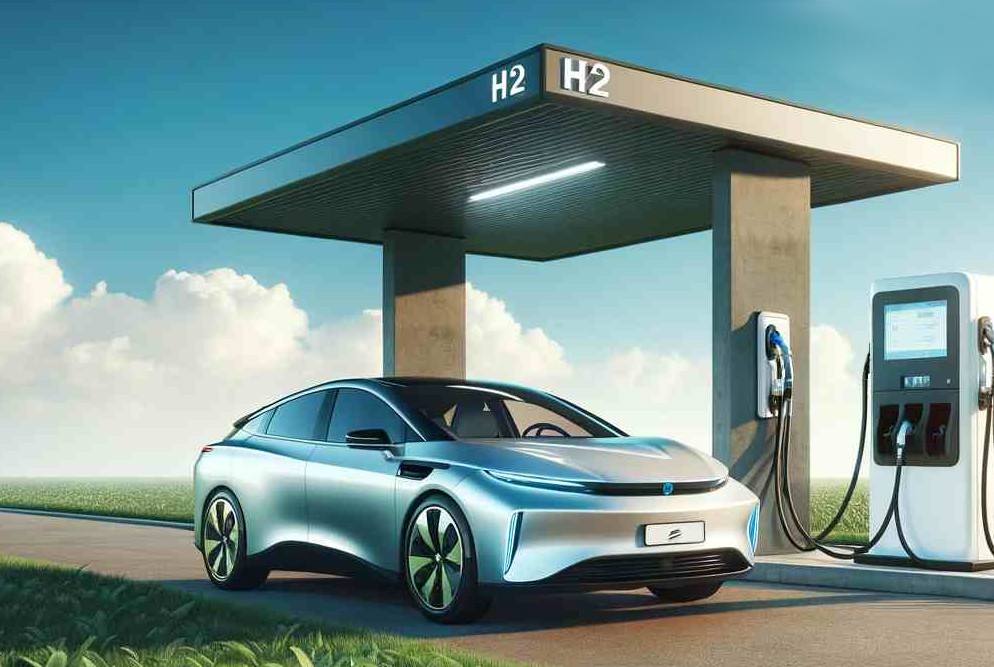South Korea’s industry makes headway in electric vehicle batteries
3. August 2020The leading battery manufacturers in South Korea – LG Chem, Samsung SDI and SK Innovation – were able to demonstrate solid success in recent months against the market power of China and technology leader Japan. In the first quarter of 2020, LG Chem, for example, was able to secure market leadership with 27.1 percent despite the difficult circumstances caused by the coronavirus. Nevertheless, experts and industry representatives warn that South Korea’s industry could suffer setbacks relatively quickly if it cannot keep up with the development of the next generation of automotive batteries.
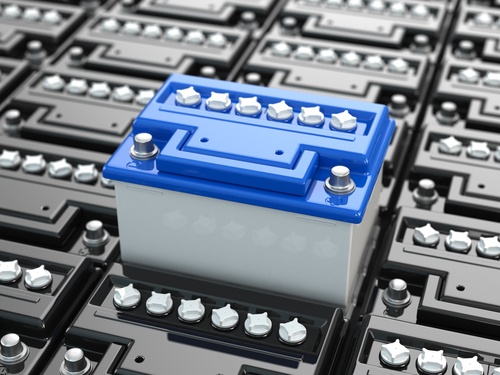
An important factor is the development of solid-state or dry batteries. These use solid materials as energy storage, unlike liquid or polymer gel batteries such as lithium-ion batteries. Dry batteries may be safer and also offer a higher energy density which means they can store the same amount of energy but are smaller and lighter. Japan’s Fuji Economic Institute predicts that the market for solid state batteries will grow to $22.8 billion by 2035. Japan is currently the leader in solid state battery technology and companies in the US, China and Europe are working hard to catch up.
At a meeting of the boards of directors of Samsung and Hyundai Motors in May of this year, the further course of action regarding research and development of dry batteries was discussed. South Korea currently lags behind Japan, which plans to start serial production of dry batteries in 2022, while South Korean manufacturers have no prototypes yet. Toyota already announced in 2017 the introduction of electric vehicle solid batteries for 2020, the series production is planned for 2022. For this purpose, Toyota has signed a research and development agreement with Panasonic and in April 2020 founded the joint venture Prime Planet Energy & Solutions.
South Korea’s largest battery manufacturer LG Chem, on the other hand, doubts the economic viability of solid state batteries and is sticking with conventional lithium-ion batteries. In the meantime, Hyundai, a manufacturer of electric vehicles, has announced that it may develop its own solid state batteries. In this context, Hyundai Motor has already invested 5 million US dollars in the American company Ionic Materials in May 2018. Three months later, Hyundai Motor made a further investment in Solid Power, another US company in the field of solid state batteries. MPR International GmbH – Korea Certification is represented by its own companies at five locations in South Korea and thus completely covers the demand for certification services for the South Korean market. Our experts are available at any time and without obligation to answer your questions regarding a new upcoming certification or a follow-up audit.
If you need assistance or have any questions, feel free to contact us any time.
Tel.: +49-69-2713769259
Email: info@korea-certification.com
Urgent questions?
Please do not hesitate to contact us via chat. You will find the chat window at the bottom right of each page (if this is not visible, please check your browser settings).
For more information you can download our free brochure “Korea Certification Made Easy – The Booklet“.




